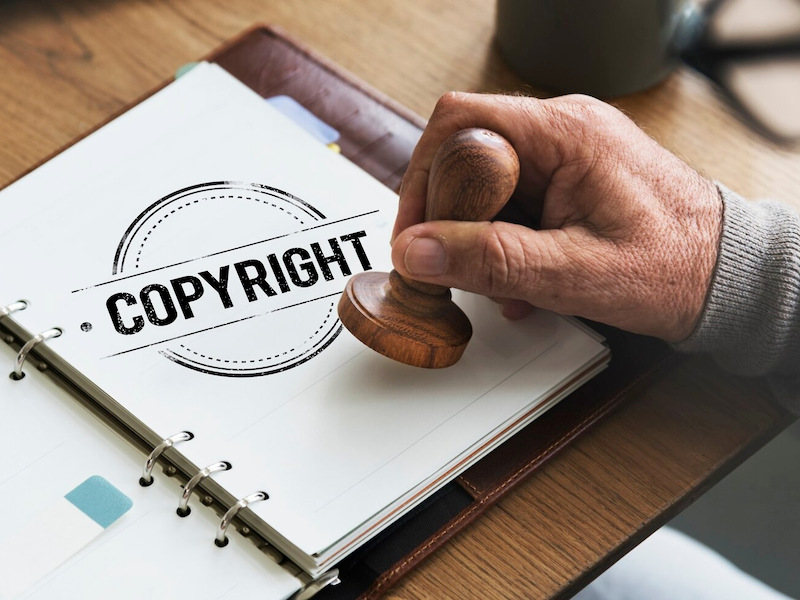- The U.S. Copyright Office has released a report urging the need for new legislation to address AI-powered digital replicas and impersonation.
- The report highlights concerns about the impact of unauthorised digital replicas on reputations and privacy, recommending immediate federal action.
OUR TAKE
The U.S. Copyright Office’s call for new legislation underscores the growing need to address AI-powered digital impersonation. By advocating for a law to protect against misuse, the agency aims to safeguard personal and professional reputations in an era where digital replicas are easily created and exploited.
— Zoey Zhu, BTW reporter
What happened
The U.S. Copyright Office has issued the first part of a report focusing on the impact of artificial intelligence on intellectual property. The report’s primary recommendation is the urgent need for new legislation to address the challenges posed by AI-powered digital replicas. This call for legal reform comes as the technology to create digital replicas of individuals has become increasingly accessible and affordable.
Shira Perlmutter, director of the U.S. Copyright Office, emphasised the serious threat posed by the unauthorised distribution of digital replicas, which can affect not only public figures but also private individuals. The report highlights the need for effective nationwide protection to prevent harm to reputations and livelihoods.
The report reflects growing concerns about the ease with which AI can generate convincing virtual versions of people using public content, raising questions about privacy, identity, and intellectual property. The Copyright Office is advocating for prompt federal action to address these issues.
Also read: AWS outage impacts Ring services in US-EAST-1 region
Also read: US Senate passes child safety reforms amid tech industry criticism
Why it’s important
The call for new legislation by the U.S. Copyright Office addresses the urgent need to protect individuals from AI-powered digital replicas, which can cause significant harm if misused. With the technology to create such replicas becoming increasingly accessible, there is a growing risk of abuse that could impact personal and professional reputations.
The proposed legislation would aim to extend protections similar to those currently afforded to copyrighted works, such as photographs and music, to individuals’ likenesses. This move seeks to ensure that digital replicas, which can now be created easily and inexpensively, are subject to legal safeguards.
As digital replicas and AI technology continue to advance, this proposed legislation represents a crucial step towards establishing legal boundaries and protecting personal privacy. The Copyright Office’s push for a new law highlights the need for updated legal frameworks to address modern challenges in intellectual property and personal identity.

